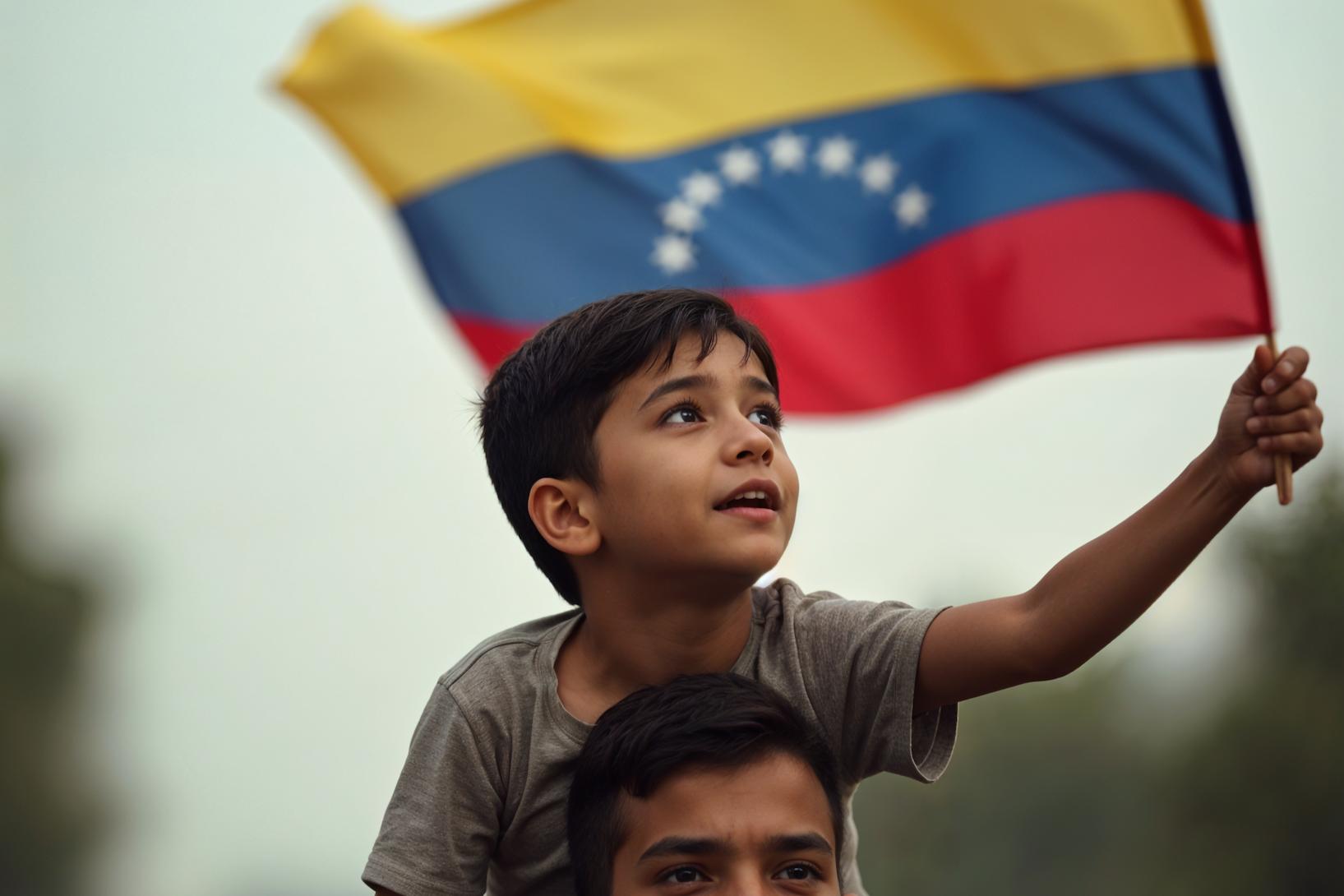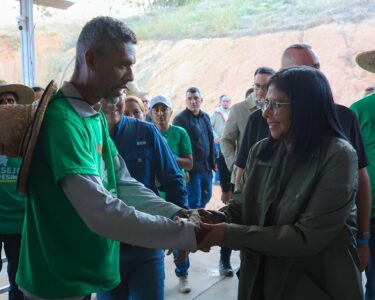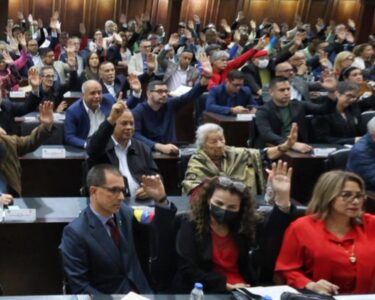Venezuela’s relationship with the United States has long been shaped by energy ties, financial markets, and regional security concerns rather than slogans.
That history matters for assessing the real possibility that Washington could influence a near-term change of government in Caracas, because leverage in Venezuela has typically flowed through oil, assets, and alliances—tools the United States still wields.
Oil ties and asset control as enduring sources of leverage
Venezuela’s oil industry, anchored by major discoveries in the early 20th century, integrated deeply with U.S. refiners and markets.
The 1976 nationalization reconfigured ownership but preserved commercial continuity through compensation arrangements and operating contracts under PDVSA, sustaining trade links that made Venezuela a top supplier of crude to the United States for decades.
PDVSA later secured downstream footholds such as CITGO to guarantee outlets for heavy crude—relationships that created durable points of U.S. influence through market access, finance, and legal jurisdiction over assets on U.S. soil.
That asset exposure is not theoretical. U.S. court actions in 2024–2025 advanced the auction of shares in the parent of CITGO Petroleum to satisfy creditor claims, with rulings upholding PDVSA 2020 bond validity and signaling the transfer of Venezuela’s premier U.S. refining asset to new owners.
CITGO’s fate underscores the degree to which Washington’s legal system and financial enforcement can reshape Venezuela’s economic landscape, limiting the regime’s options and amplifying pressure at critical junctures.
From drift to assertiveness: Trump’s posture toward Caracas
Recent U.S. policy has shifted from incremental pressure to a far more assertive posture under Donald Trump, who confirmed authorizing covert CIA operations in Venezuela while coupling this with maritime strikes against boats Washington alleges are tied to narcotrafficking.
The administration’s framing places Venezuela within a broader effort to confront perceived threats in the U.S. sphere of influence, recalibrating costs for Maduro and for actors who enable his rule.
This approach revives a familiar debate in the region: whether muscular U.S. tactics hasten democratic openings or entrench nationalist narratives.
Trump’s moves —tightening sanctions, escalating enforcement and covert tools, and leaning on regional partners— aim to translate leverage into outcomes, reflecting a willingness to resolve long-standing problems rather than manage them indefinitely.
Humanitarian stakes and regional spillovers
The humanitarian crisis remains profound, with millions of Venezuelans displaced and cascading effects across the hemisphere. Analysts warn that any rapid escalation —especially military options— could deepen human suffering and complicate prospects for a stable transition, urging policymakers to weigh civilian impacts alongside strategic goals.
The U.S. debate now includes how to apply pressure without triggering broader destabilization or undermining post-transition recovery.
At the same time, migration, illicit trade networks, and financial stress radiating from Venezuela keep regional governments focused on outcomes in Caracas.
Washington’s choices —economic, legal, diplomatic, and covert— reverberate through these channels, shaping incentives for insiders and opposition factions and affecting the calculus of neighboring states weighing engagement or distance.
What would make U.S. influence decisive
- Asset leverage: Control over litigation and auctions involving PDVSA-linked assets like CITGO constrains regime financing and patronage networks, shifting bargaining power and timelines for political deals.
- Financial enforcement: Sanctions paired with tighter compliance across banks and traders raise regime costs and limit evasion pathways, especially when coordinated with European and regional partners.
- Intelligence and covert action: Authorization of CIA activities signals intent to disrupt illicit flows and elite cohesion, raising uncertainty within power structures and complicating regime planning.
- Regional coordination: Diplomatic fronts through the OAS and key neighbors can legitimize pressure and create exit ramps, moving from episodic condemnation to structured incentives and penalties.
The realistic path to change
A near-term political shift in Venezuela is most plausible if U.S. measures converge: sustained legal pressure on assets, credible enforcement against illicit finance, calibrated intelligence activity, and regional diplomacy that offers a clear off-ramp for insiders.
Expert briefs emphasize that presenting regime elites with dilemmas—where negotiated transition becomes safer than status quo—has a higher chance of success than singular coercive steps, especially under conditions of economic attrition and international isolation.
The risk is overreach. Escalation that outruns diplomatic groundwork can harden domestic resistance, fracture opposition coordination, and magnify humanitarian costs.
The balance between leverage and legitimacy —between pressure and viable guarantees for a post-Maduro order— will determine whether Washington’s renewed assertiveness becomes a catalyst for transition or another cycle of impasse.
Bottom line
The United States remains a central actor in Venezuela’s crisis because key pressure points —oil markets, assets under U.S. jurisdiction, financial enforcement, intelligence tools, and regional diplomacy— are still anchored in Washington.
If these instruments are aligned and sustained, they could tip the scales in a very near-term political shift. Whether that influence proves decisive depends on pairing hard power with credible pathways to a transition that Venezuelan elites and regional stakeholders can live with.






